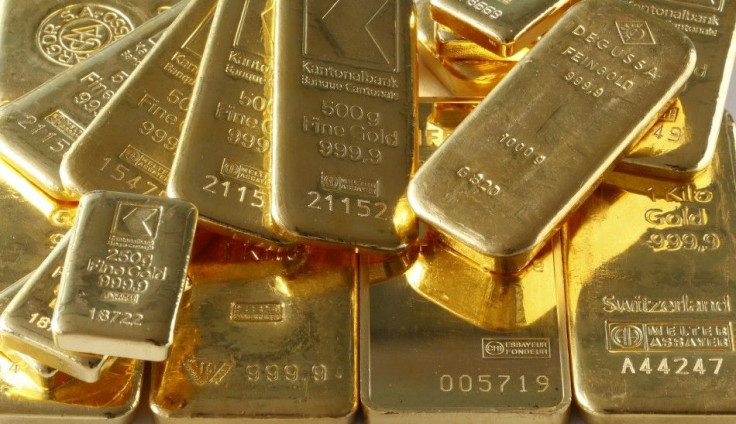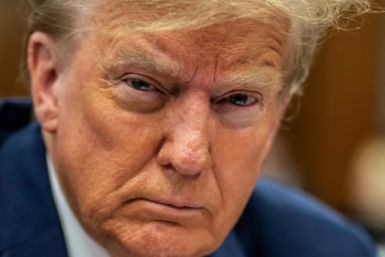Russia Buys Whopping 1,238 Metric Tonnes Of Gold In March, Analysts Think Country Owns More Than Reported to IMF

Russia’s gold-buying is back in a vengeance. After being out of the buying radar for two months, the country’s appetite for the safe haven yellow metal gold was so big. In March, Russia bought a whopping 1,238 metric tonnes.
The country’s central bank said on Monday on its website that the nation’s foreign reserves of bullion had jumped to 39.8 million ounces, or 1,238 metric tonnes, as of April 1. In the previous month, it was only 38.8 million ounces. Analysts said the 30-tonne purchase difference was the most the country has bought since September 2014. Moreover, “the purchase is a large one even by Russian standards as in recent years they have consistently been buying roughly 300,000 ounces per month,” portal ZeroHedge.com said.
David Jollie, an analyst at Mitsui & Co. Precious Metals Inc., told Bloomberg it’s interesting to see Russia continues to buy gold despite the beating its economy had received from the Western-imposed sanctions and tumbling oil prices. “This sends a very bullish signal to the gold market.”
In February, Elvira Nabiullina, central bank Governor, said Russia made a buying streak of the yellow metal through the last nine months of 2014 to diversify its foreign reserves as well as address issues related to rouble liquidity. Russia is the world’s fifth-biggest holder of the metal. According to the World Gold Council, gold accounts for 13 percent of Russia’s total foreign reserves.
The gold buying strategy, which happened even in the midst of midst of sanctions and the collapse in oil prices, regardless of the sharp falls in the rouble, has proven prudent, ZeroHedge.com says. “Gold has acted as a hedge and protected Russia’s reserves from the declining value of the rouble and indeed the declining value of the euro.”
It likewise hinted that Russia could even be not fully disclosing its gold reserves, a stand where China is the expert. “Like China, it is possible that Russia and its allies may not be fully reporting their gold reserves accumulation to the IMF.”
To report problems or to leave feedback about this article, email: e.misa@ibtimes.com.au.






